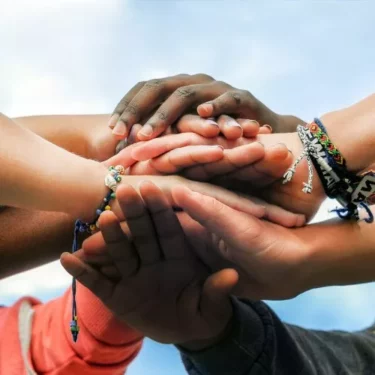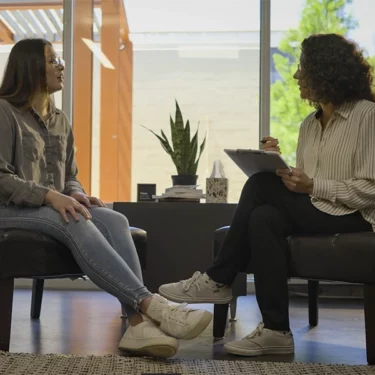The data tells a frightening story, so we need to work harder to change the ending.
Rates of mental illnesses in African American adults are similar to those of the general population, according to the American Psychiatric Association (APA). However, only one-in-three African American adults who need mental health care receives treatment.
A 2019 research report from the Substance Abuse and Mental Health Services Administration (SAMHSA) shows 6.5% of adults who are Black received prescriptions for medication to manage their mental health conditions, compared with 16.6% of adults who are White.
Data on substance use presents an equally disturbing story.
The Centers for Disease Control and Prevention (CDC) last week said fatal overdoses increased by 44% among Black people in 2020, compared with the year prior. Fatal overdoses among American Indian and Alaska Native people increased 39% in 2020, according to the new report.
The steep rise in deaths among African American and Indigenous people far outpaced what was seen among White people, among whom fatal overdoses also made a shocking 22% year-over-year leap.
As we observe National Minority Mental Health Awareness Month and Black, Indigenous People of Color (BIPOC) Mental Health Month, it’s important to highlight that people of color in this country continue to face insurmountable barriers to access.
Research we completed earlier this year reinforces that point. According to the 2022 Access to Care Survey released May 31, the percentage of people who said they needed substance use treatment but did not receive that treatment was:
- 19% among Black adults
- 12% among Hispanic adults
- 8% among White adults
The same survey found that the percentage of people who said they needed mental health treatment but did not receive that treatment was:
- 24% among Hispanic adults
- 19% among Black adults
- 16% among White adults
The survey did not reach a statistically significant number of Asian American and Pacific Islander (AAPI) to include in the final results, unfortunately.
Simply put, people are having difficulty finding care. Recruiting more mental health and substance use professionals will help reduce barriers to access. But that’s only part of the solution. We must also recruit people of color because people want culturally competent care. According to our survey:
- 13% who didn’t get needed mental health care cite that it was because they couldn’t find a provider who was a good cultural fit, and 17% who didn’t get needed substance use care say the same.
- 17% who received mental health care in the past 12 months say they struggled to get care because they were unable to find a provider who was a good cultural fit, and 24% who received substance use care say the same.
- 61% of U.S. adults overall feel there are not enough mental health care providers who are trained to address issues specific to race, ethnicity, sexual orientation or socioeconomic status.
We know the hurdles that people of color and communities face. By building a workforce that reflects the cultural diversity of our population, we can also improve our capacity to provide culturally competent care.
That’s the outcome for which we must strive.




